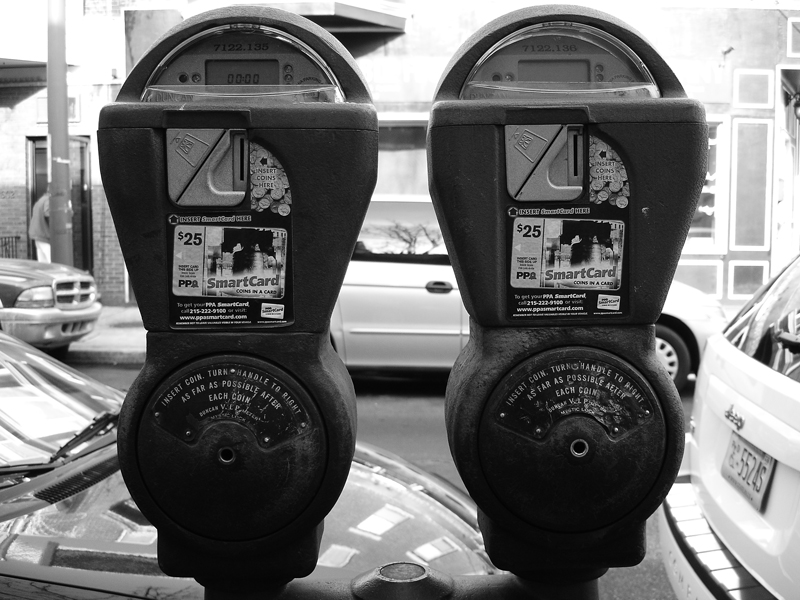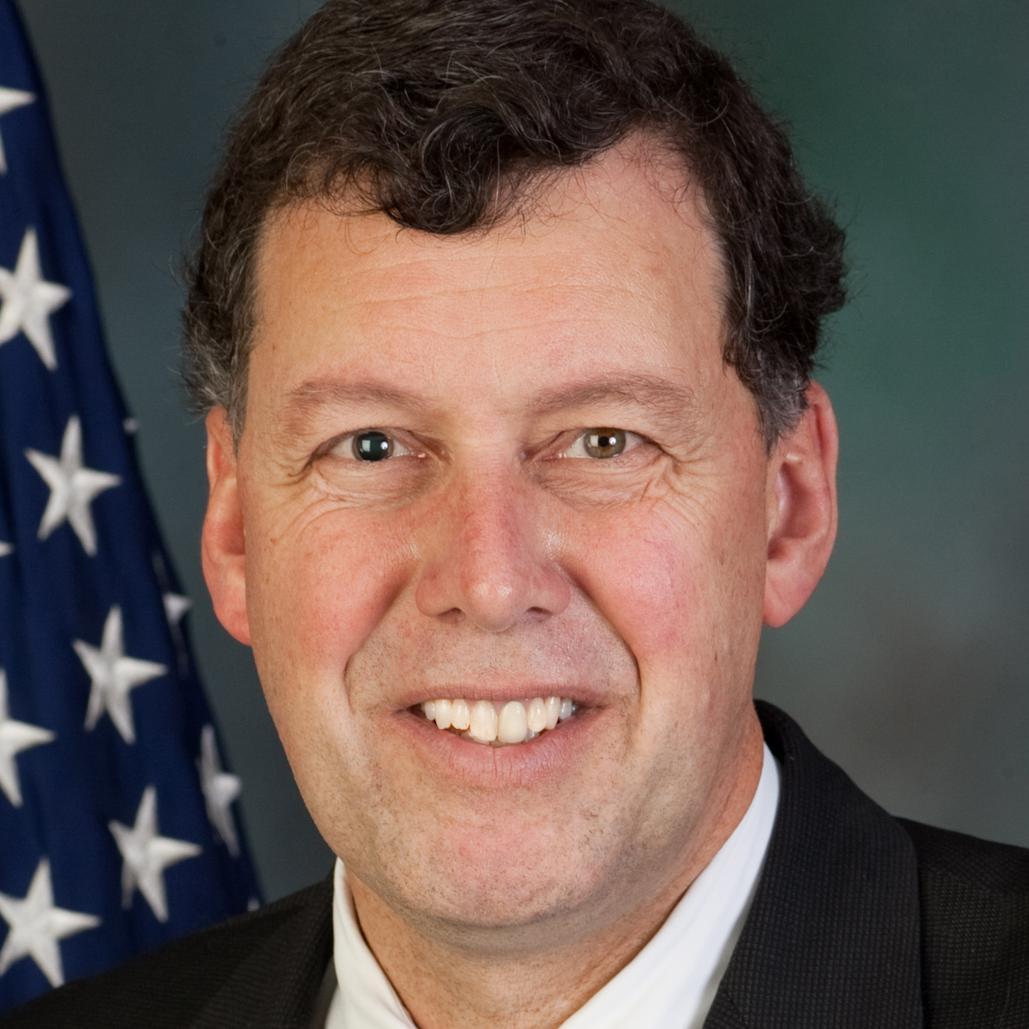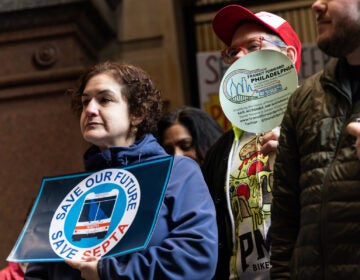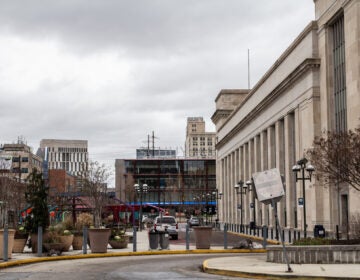Philadelphia Parking Authority promises increased transparency

Philadelphia’s new parking czar, Scott Petri, kicked off his first board meeting Tuesday with a 26-minute-long recital of his inaugural director’s report
His predecessor, Clarena Tolson, used to keep her remarks brief — a page of highlights that took no longer than a minute or two to cover. Across other local independent government agencies, these reports tend to be devoid of any serious news — the Delaware River Port Authority’s (DRPA) John Hanson likes to use his CEO reports to commend employees who engendered the rare customer compliment. At SEPTA’s board meetings, updates about the agency’s latest charitable campaign usually take up more time than financial reports.
But the Philadelphia Parking Authority’s new executive director says the longer, detailed reports are here to stay.
“I’ll do them every month,” Petri says. “I’m big on transparency — for the board to know what we’re doing, for the general public to know what we’re doing — so I assemble documents and put them together.
With the hire of the Bucks County Republican, Tolson stepped down from the interim executive director role she held for over a year into a newly made deputy director position. Per Petri’s lengthy report, Tolson will take a lead in creating a new organizational chart for the parking authority.
The revamp to the Parking Authority’s org chart comes as the agency prepares for the coming wave of retirements as Baby Boomers enter their golden years.
The personnel moves also come in the wake of a blistering audit from the state auditor general, Eugene DePasquale, lambasting the PPA’s wasteful spending under former executive director Vince Fenerty, who resigned in 2016 following public allegations of sexual harassment. That scandal, and the outrage over Fenerty’s huge pension and accrued overtime payouts, inspired the auditor general’s investigation. That fiasco led to the creation of a pair of new positions: an internal compliance auditor and risk management director.
PPA profits are supposed to go to the city of Philadelphia and the school district, per a complex funding formula. DePasquale’s report blamed that formula for depriving the school district of $77.9 million over the last five years.
Petri says he wants to scrap the formula and simply send all of the PPA’s revenues after expenses to City Council to decide the best apportionment.
“Since the School Reform Commission has been disbanded, that it makes more sense to give the money to the city and have them dole out as much of it as they want,” says Petri. “It’s about 47 million dollars [per year].”

Under that plan, City Council and the Mayor would get to decide how to divvy up the PPA’s passed-on profits between city agencies and the schools.
Petri, who resigned his position as a Republican State Rep. in Bucks County to take the PPA role, says he’s already lined up a number of legislators to introduce a bill overhauling the funding formula.
That’s a marked change in the agency’s attitude over its own agency — under Fenerty, the Authority frequently ducked criticism over its practices by claiming that its hands were tied by state statutes it was powerlessly to change.
Petri also told PlanPhilly that he’s working to ensure those profits continue to improve, as they had under Tolson. To that end, Petri said he opposed a law Council passed — and Mayor Jim Kenney vetoed — in December to provide amnesty for old parking tickets. The bill came in response to the PPA’s increased efforts to collect on old, unpaid tickets — over the summer, the PPA started booting cars over tickets that were issued up to 20 years prior.
The PPA’s more forceful enforcement also came in response to the auditor general’s report, which found $76.8 million in unpaid parking tickets.
Petri says that Council’s bill would make about $50 million of those tickets uncollectable. “If the plan goes through as adopted it would permanently reduce the amount the school district will get by a projected $3 million-a-year.”
Most of the ongoing changes at the PPA will have little impact on the average Philadelphian who may use the authority’s garages and lots or find one of its tickets on their windshield.
In one nod to the never-ending stream of complaints his agency faces, Petri said he wants to deploy more technology at the authority’s garages and lots to improve customer experience, particularly on the less-busy weekends.
WHYY is your source for fact-based, in-depth journalism and information. As a nonprofit organization, we rely on financial support from readers like you. Please give today.






